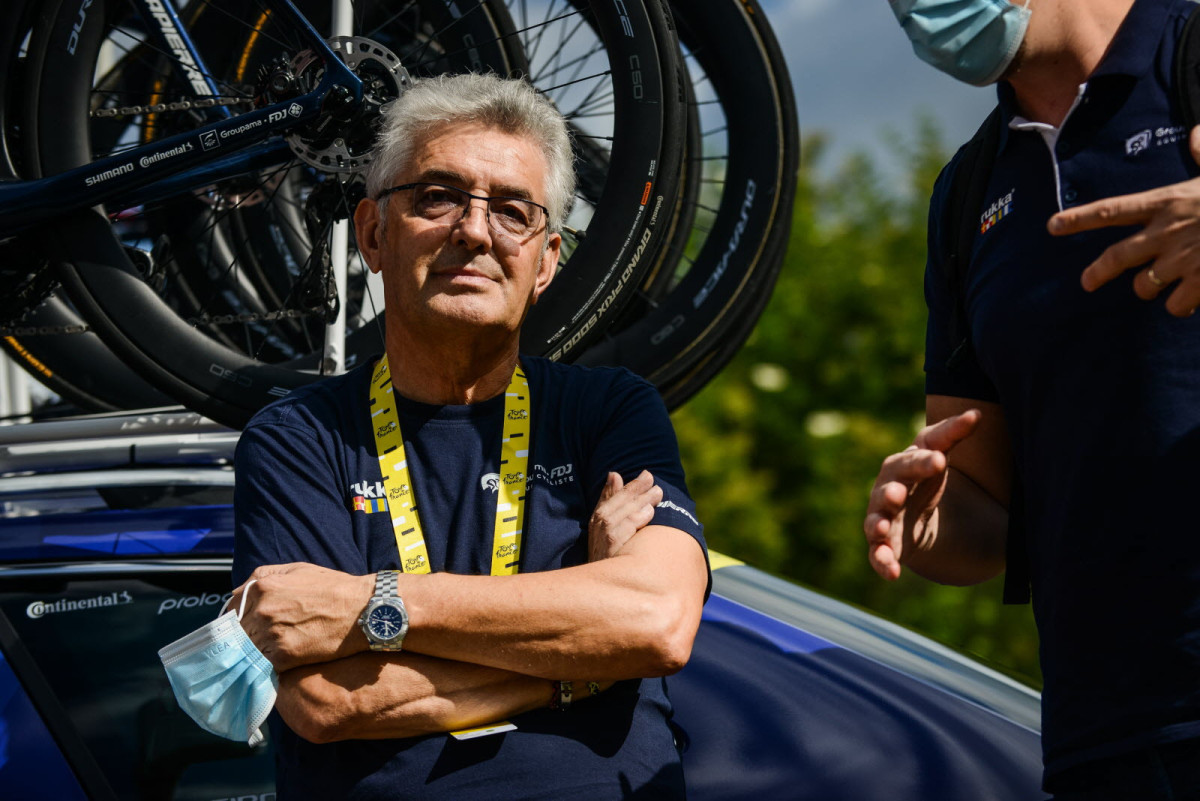Professional cycling is often associated with doping, especially by those outside the sport. However, in recent years, there has been a strong effort to combat this practice, and team officials frequently seek to demonstrate their commitment to anti-doping measures.
Recently, Marc Madiot criticized the lack of action by tennis authorities, particularly after Novak Djokovic refused to undergo a test during the Davis Cup. This incident has sparked a debate about the responsibilities in such situations.

“No athlete should refuse an anti-doping test. ‘You do not have the right to refuse a test, that is the rule. In cycling, if you are subjected to a test and refuse, you automatically test positive. If that’s the case, you will be sanctioned,’ said Madiot to the French network RMC.
‘If the anti-doping authority does its job, Novak Djokovic should be suspended. In the range of doping substances, there are those that can only be detected for a very limited period. If you don’t test yourself before the start or during the game, traces in your body can be erased.’
Madiot argued that this decision could be the difference between testing positive or not and that it is not allowed under any circumstances in cycling.”


